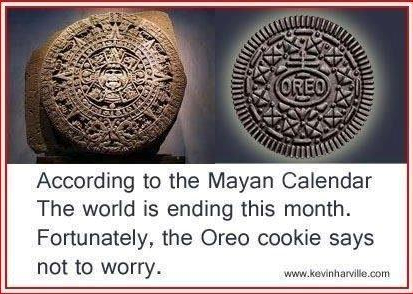2012 eDiscovery Year in Review: eDiscovery Case Law, Part 3
2012 eDiscovery Year in Review: eDiscovery Case Law, Part 3 https://cloudnine.com/wp-content/themes/cloudnine/images/empty/thumbnail.jpg 150 150 CloudNine https://cloudnine.com/wp-content/themes/cloudnine/images/empty/thumbnail.jpg
As we noted the past two days, eDiscoveryDaily published 98 posts related to eDiscovery case decisions and activities over the past year, covering 62 unique cases! Yesterday, we looked back at cases related to social media and the first cases approving technology assisted review. Today, let’s take a look back at cases related to admissibility and the duty to preserve and produce electronically stored information (ESI).
read more


